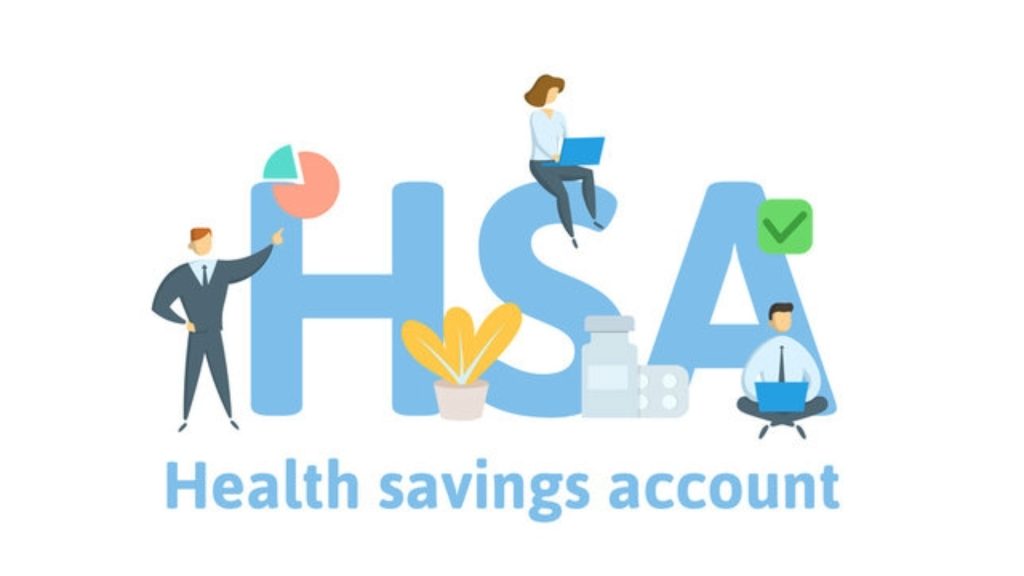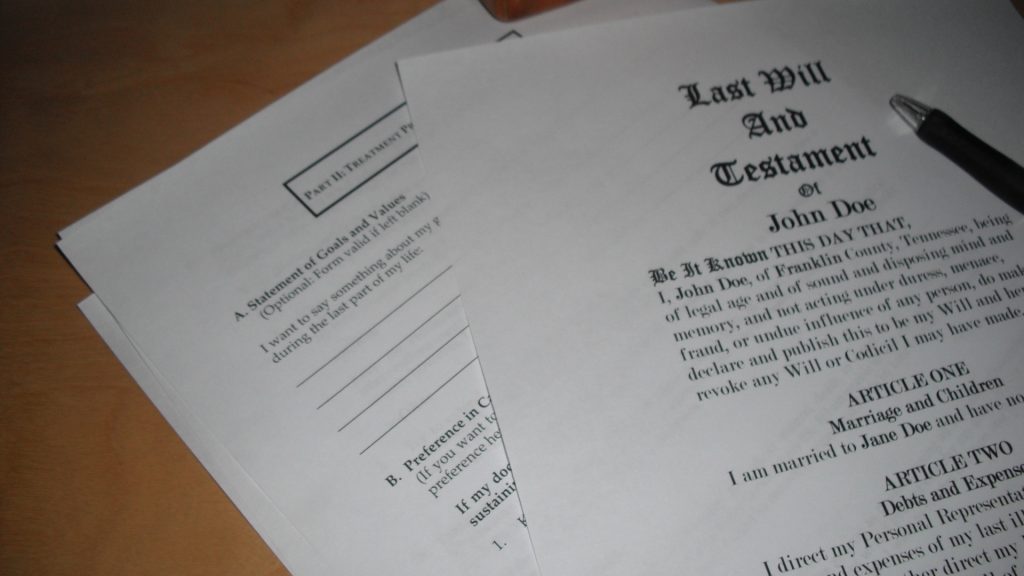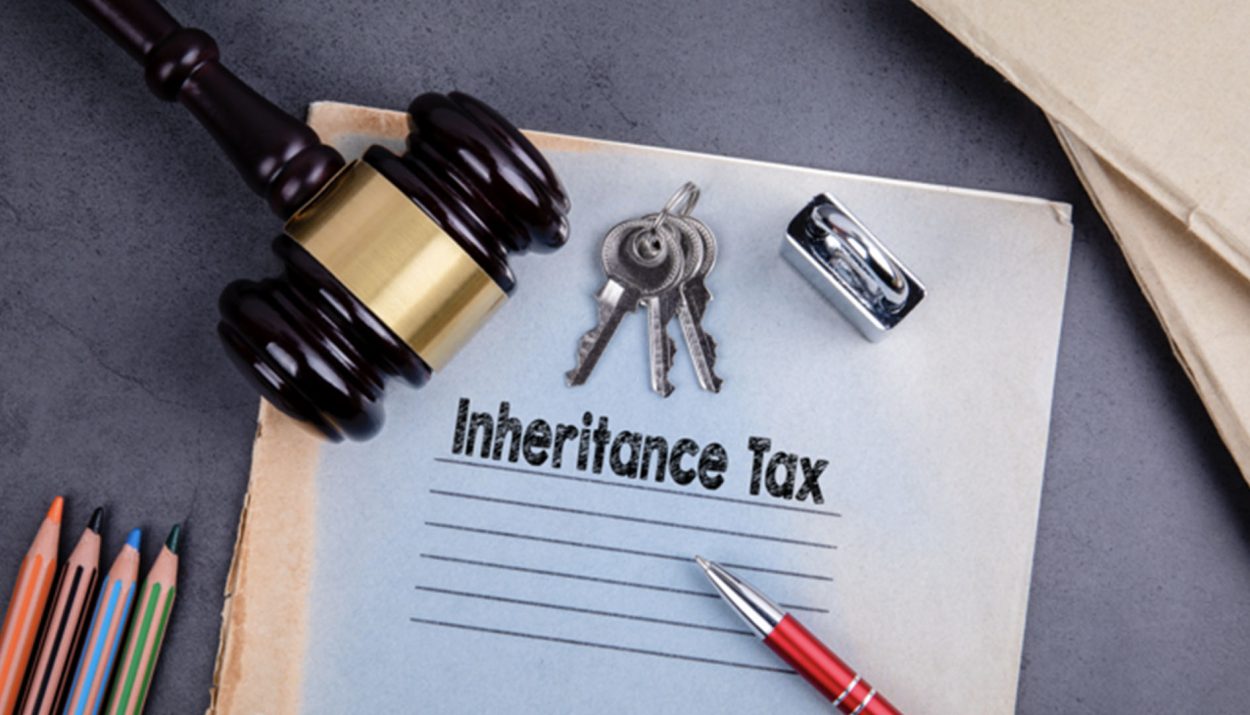Leaving a legacy for your loved ones is a noble gesture, but not all assets are created equal. Some inheritances can become a burden rather than a blessing, causing headaches and financial strain for your heirs. In this eye-opening article, we’ll reveal 12 assets you might want to think twice about including in your estate plan.
The Tax-Deferred Account Trap
Passing on your hard-earned retirement savings to your children might seem like a generous move, but it could come with a hefty tax bill. Chad W. Holmes, CFP, CPWA, founder and financial planner at Formula Wealth, suggests a proactive approach. By strategically withdrawing funds from your IRA over several years, you can help your heirs avoid a sudden spike in their tax rates.

However, if your children are in a higher tax bracket than you, it might be best to leave them assets that receive a step-up in basis at death. This way, they can inherit the funds without any built-in gains or taxes, ensuring they get the most out of your legacy.
The Health Savings Account Dilemma
While leaving your Health Savings Account (HSA) to your spouse can be a seamless transition, passing it on to your children or other heirs can be problematic. Pam Horack, CFP at Pathfinder Planning LLC, warns that non-spouse beneficiaries may have to treat the HSA as taxable income in the year they receive it.

This unexpected income could inadvertently push your heirs into a higher tax bracket, causing financial stress. Moreover, they won’t be able to use the HSA’s tax advantages for their healthcare expenses, diminishing the account’s value.
The High-Maintenance Real Estate Burden
Inheriting a piece of real estate might seem like a dream come true, but it can quickly turn into a nightmare if the property requires extensive upkeep. Alex Doyle, CFP, wealth manager at Woodson Wealth Management, cautions against leaving large estates or vacation homes that come with significant maintenance costs.

Instead, consider selling these properties, converting them into income-generating rental properties, or even donating them to a charitable organization. This way, your heirs won’t be burdened with ongoing expenses and responsibilities they may not be prepared to handle.
The Illiquid Investment Conundrum
While you might have a diversified investment portfolio, some of your assets, such as businesses, private equity, or certain types of real estate, can be difficult for your heirs to liquidate quickly. This lack of liquidity can create challenges for your loved ones when they need to access the value of their inheritance.

To mitigate this issue, consider gradually transitioning these illiquid investments into more easily accessible options before passing them on. By simplifying your portfolio, you can ensure that your heirs can manage their inheritance with ease.
The Complex Financial Instrument Labyrinth
You might be a financial whiz, but your heirs may not share your expertise. Leaving them complex derivatives or structured products that require specialized knowledge to manage effectively can be overwhelming and stressful.

To avoid this, consider selling or converting these intricate assets into more straightforward investments that your heirs can comprehend and manage without difficulty. By simplifying your portfolio, you can ensure a smoother transition of wealth to the next generation.
The Collectible Conundrum
Your cherished collection of art, antiques, or other collectibles might hold sentimental value, but they could be a burden for your heirs. These assets can be challenging to sell and might not retain their value over time, leaving your loved ones with the task of finding interested buyers.

To prevent this, consider selling or donating your collections during your lifetime or establishing a plan for their gradual sale. This way, your heirs won’t be saddled with the responsibility of managing and liquidating these potentially difficult assets.
The Business Succession Predicament
Passing on a family business without a clear succession plan can lead to confusion and conflict among your heirs. They might lack the skills, interest, or ability to run the business effectively, jeopardizing its future.

To ensure a smooth transition, it’s crucial to train potential successors or consider selling the business and distributing the proceeds among your heirs. By planning, you can protect your legacy and provide your loved ones with a more manageable inheritance.
The Highly Leveraged Asset Dilemma
Inheriting assets with significant debt attached can put your heirs in a precarious financial situation. They might struggle to manage the debt or be forced to sell the assets to pay off the liabilities.

To prevent this, consider paying down the debt or using other assets to offset the liabilities before passing them on. By leaving your heirs with assets that are free from substantial debt, you can ensure a more stable financial future for them.
The Intellectual Property Puzzle
While intellectual property, such as patents or trademarks, might seem like a valuable asset to pass on, it could come with its own set of challenges. If the IP has limited commercial potential or requires ongoing legal maintenance, your heirs might find it more of a hassle than a benefit.

If the potential benefits of the IP are limited, it might be wise to license or sell it before passing it on. This way, your heirs can receive the value of the asset without the burden of managing and maintaining it.
The Timeshare and Fractional Ownership Headache
While you might have enjoyed your timeshare or fractional ownership property, your heirs might not find it as appealing. These assets often come with maintenance fees, scheduling conflicts, and other obligations that can be a nuisance for your loved ones.

To avoid this, consider selling or transferring ownership to someone who would appreciate and use the property. By doing so, you can ensure that your heirs aren’t burdened with an unwanted responsibility.
The Cryptocurrency and Digital Asset Enigma
Cryptocurrencies and digital assets can be challenging to manage and secure, especially if your heirs are not well-versed in blockchain technology. Leaving these assets without clear instructions on how to access and manage them can lead to confusion and potential loss.

To mitigate this risk, provide detailed instructions on how to handle these assets or consider converting them to more traditional investments. By doing so, you can ensure that your heirs can easily access and benefit from their inheritance.
The Uninsured or Underinsured Asset Risk
Leaving assets with significant value but lacking proper insurance coverage can expose your heirs to financial loss in case of unforeseen events. Without adequate protection, your loved ones might be left to bear the burden of any damages or liabilities.

To safeguard your heirs’ financial future, ensure that all valuable assets have sufficient insurance coverage. If the cost of insuring an asset is too high, consider selling it and leaving the proceeds to your heirs instead.
The Emotional Attachment Trap
Sometimes, the most difficult assets to pass on are those with strong emotional attachments. Family heirlooms, vacation homes, or even beloved pets can cause tension among heirs who might not share the same sentimental connection or have different ideas about how to handle these assets.

To prevent conflict, have open discussions with your heirs about the emotional significance of certain assets and consider their preferences. If necessary, create a detailed plan for the distribution or care of these items to ensure a smooth transition.
Leaving a Lasting Legacy
While it’s important to be mindful of the potential pitfalls when leaving assets to your heirs, don’t let that deter you from creating a meaningful legacy. By carefully considering each asset and its implications, you can ensure that your loved ones receive the most benefit from your generosity.

Remember, the ultimate goal is to provide for your heirs and make their lives easier, not to burden them with difficult decisions or financial strain. By working with a trusted financial advisor and estate planning professional, you can create a well-crafted plan that minimizes potential headaches and maximizes the positive impact of your legacy for generations to come.






